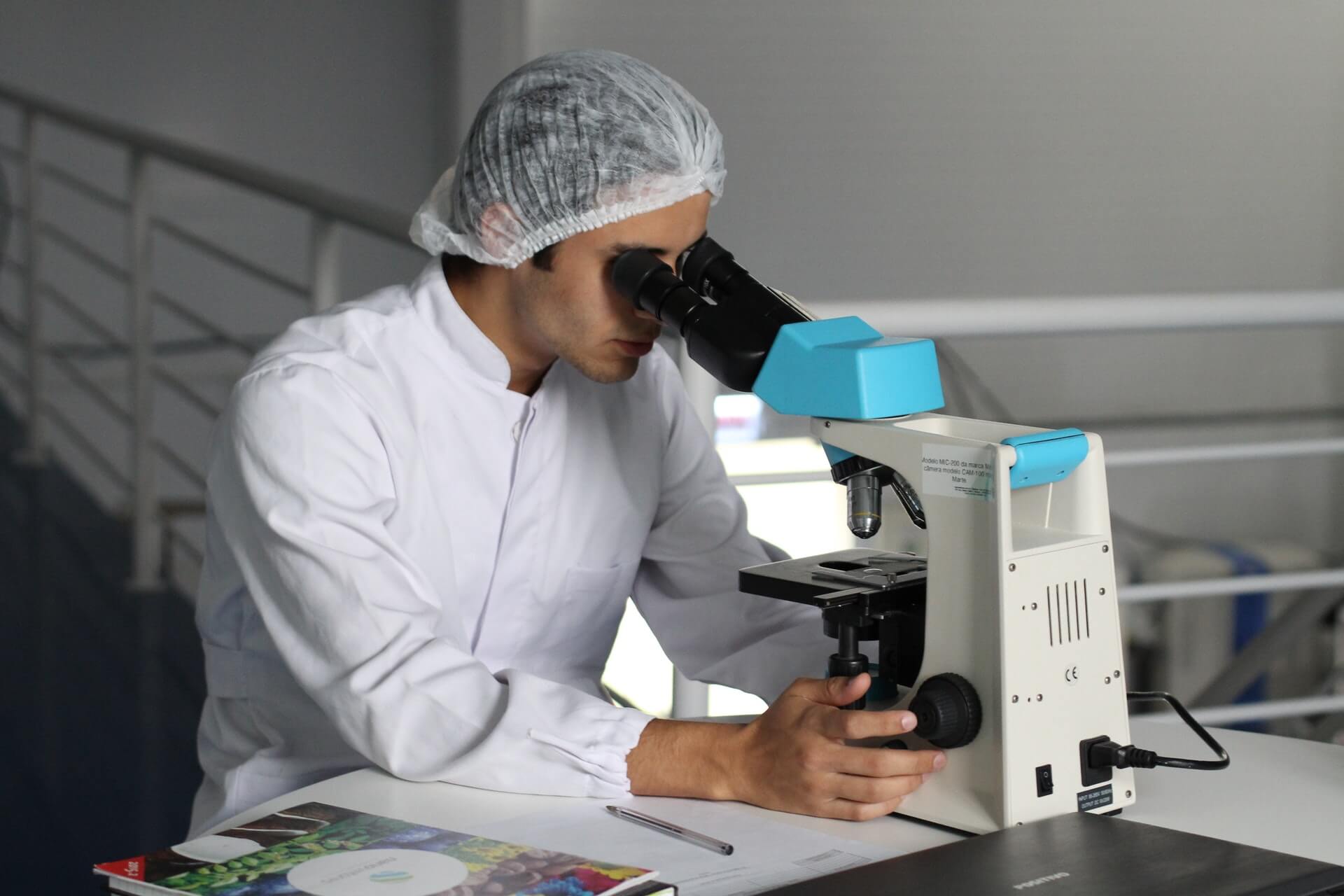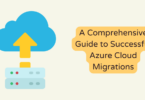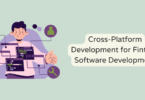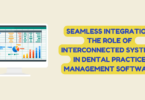
Healthcare Industry
The healthcare industry is experiencing a technological revolution that has the potential to transform the way we receive and manage medical care. From telehealth and electronic health records to artificial intelligence and supply chain management, the impact of technology on healthcare is immense.
According to a KPMG study, technology is revolutionising the healthcare industry by significantly enhancing access to healthcare services in the UK and Europe, the US, and various other parts of the world. From remote monitoring devices to Apple HealthKit, and electronic medical records to glucose-monitoring contact lenses, technology has played a significant role in creating a new digital health ecosystem.
In this article, we will explore some of the major areas of development and discuss how futuristic technology is transforming healthcare as we know it.
1. Smartphones and Mobile Devices
Mobile devices, particularly smartphones, have been a game-changer in healthcare. These small devices can now serve as a hub for sophisticated diagnostic and treatment technologies. For instance, mobile devices, such as ultrasounds, ECG monitors, microscopes, and dermatoscopes, can now diagnose and monitor various health conditions. Moreover, patients can perform ECGs, blood tests, and even temperature readings without leaving their homes.
Mobile devices can also remind patients to check their weight, pulse, or oxygen levels and transmit the results to their doctors in real-time, enabling early intervention and improved outcomes. For example, an app can measure heart rate and body temperature by simply placing the phone on a patient’s forehead.
Smartphones are also effective data collection devices that can record significant details about people’s health. Apple’s ResearchKit software platform allows researchers to conduct large-scale studies using patients’ iPhones, while uMotif seeks to build a 100,000-person study into Parkinson’s disease using a smartphone app to track variables. Overall, mobile devices are revolutionizing healthcare by increasing access, improving patient outcomes, and enabling large-scale research studies.
2. Machine Learning
Machine learning, a subset of AI services, is revolutionizing healthcare by providing advanced diagnostic support. Two well-known AI-enabled systems, IBM’s Watson and Google’s DeepMind, are already exploring potential applications in the healthcare industry. For instance, IBM Watson is using machine learning to analyze vast amounts of unstructured data, such as clinical guidelines, scientific literature, and treatment protocols, to optimize cancer treatment. Enlitic, a company in the United States, has developed a tool for radiologists that uses previous findings and other data associated with existing images to spot patterns and help identify potential errors. TestDynamics has also introduced radiology ai software that is helping radiologists do their job with more precision. These technological advancements have the potential to improve patient outcomes and increase the efficiency of the healthcare system.
3. Medical Imaging Solutions
Medical imaging solutions play a crucial role in modern healthcare, enabling healthcare professionals to obtain accurate and detailed visual information for diagnosis, treatment planning, and monitoring of various medical conditions. One notable example of a provider in this field is Novarad, which offers a comprehensive range of medical imaging solutions, including picture archiving and communication systems (PACS), radiology information systems (RIS), and advanced visualization tools. These innovative technologies help streamline workflow, enhance image quality, and improve patient care by enabling seamless image storage, retrieval, and analysis.
4. Mobility & Cloud Access
The advancement of mobility and cloud access has significantly impacted the healthcare industry. It has increased accessibility for both patients and doctors by allowing them to manage patient appointments, share diagnostic outcomes, and improve interoperability. Cloud-based solutions have become an integral part of the healthcare ecosystem, offering a more efficient and effective way to manage healthcare information. In fact, it is predicted that by 2018, 65% of interactions with healthcare facilities will occur via mobile devices. Furthermore, 80% of doctors already use smartphones and medical apps, with 72% accessing drug information on their smartphones regularly.
5. VR & AR
Virtual reality (VR) and augmented reality (AR) is set to revolutionize healthcare. Embodied Labs’ “We Are Alfred” uses VR to simulate the experience of aging for medical students, while AR is offering distinctive features to drive the future of medicine forward. Medical students can use VR to prepare for real-life operations, while advancements like Medsights Tech create 3-dimensional reconstructions of tumours, enabling surgeons with ‘x-ray views’ in real-time without any radiation exposure.
6. Genomics
Genomics and genome sequencing are advancing rapidly, providing a better understanding of how diseases affect different individuals. By analyzing a person’s genetic profile and their response to treatment, it may be possible to predict the effectiveness of medical interventions, such as prescribing drugs for a disease (pharmacogenomics).
In Australia, Dr Ryan van Laar, a genomics expert based in Melbourne, has made groundbreaking discoveries that will be published in the British Journal of Cancer. Using new genomics technology, Dr. van Laar’s “Melaseq” test can detect the molecular fingerprint of melanoma, even in its earliest stages. This test can potentially increase early detection rates by screening high-risk individuals and can also be used to determine the success of post-surgery treatment.
Wrapping Up
In conclusion, the healthcare industry is experiencing a technological revolution that is transforming how medical professionals care for patients. From telemedicine to genomics, machine learning, and virtual and augmented reality, new technologies enhance medical knowledge, improve patient outcomes, and streamline the healthcare system. With these technologies’ continued development and integration, we can expect to see a future where medical treatments are more personalized, efficient, and accessible than ever before. Ultimately, this will lead to a better quality of life for patients and a more effective healthcare system for all.
Author bio: Vishnu Narayan is a content writer, working at ThinkPalm Technologies, a software & mobile app development services company focusing on technologies like BigData, IoT, and AI services. He is a passionate writer, a tech enthusiast, and an avid reader who tries to tour the globe with a heart that longs to see more sunsets than Netflix!






